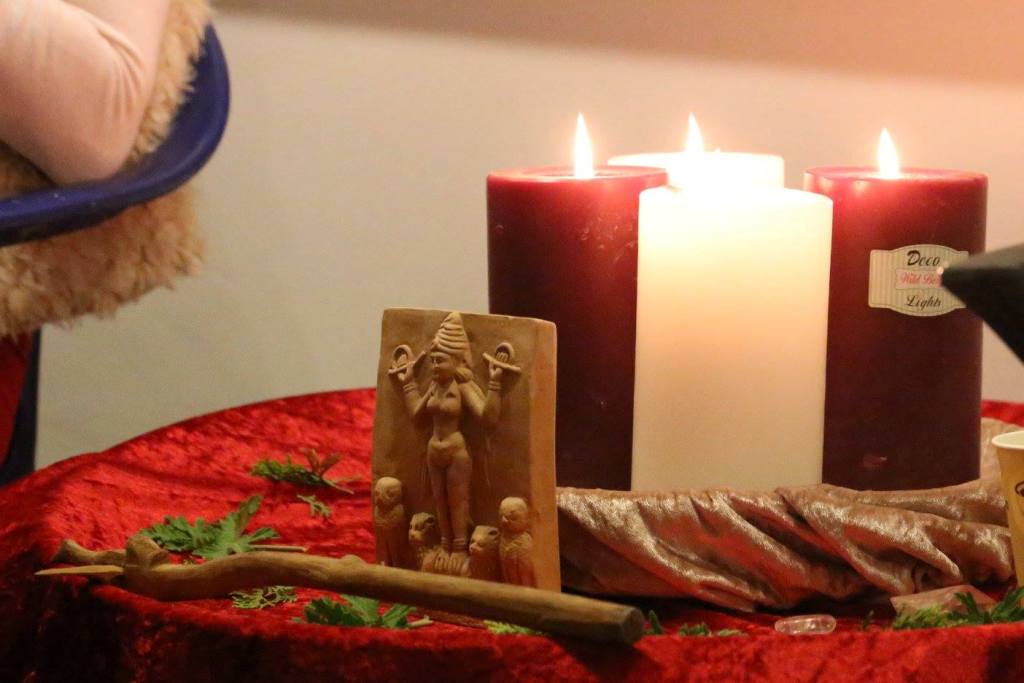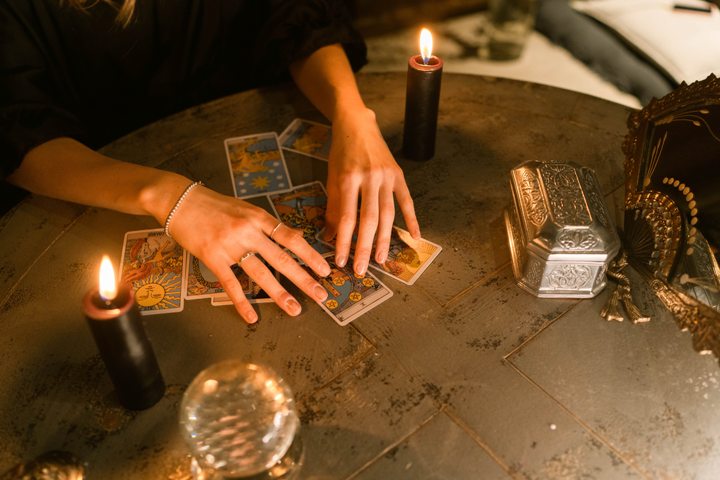Lecture: Lilith’s Comeback in Contemporary Feminist Spiritualities
What a glorious career did Lilith had in thousands of years! Alas, always as a negative and dark image… However, in the last decades, in the feminist spirituality she's actually admired. So, what does she represent for the contemporary feminist spirituality? Not one thing, but rather different things. The lecture presents a research, that was also published in an Article. See below links to relevant items. The lecture took place at a panel on "New Religious Movements" at the 2nd Annual Conference of the Israeli Association for the Study of Religion, dedicated to the Scriptures (their nature and place in religions). The conference was conducted at Bar Ilan University on March 11th-12th, 2018. This conference's session took place in English. For the conference's program in English.










